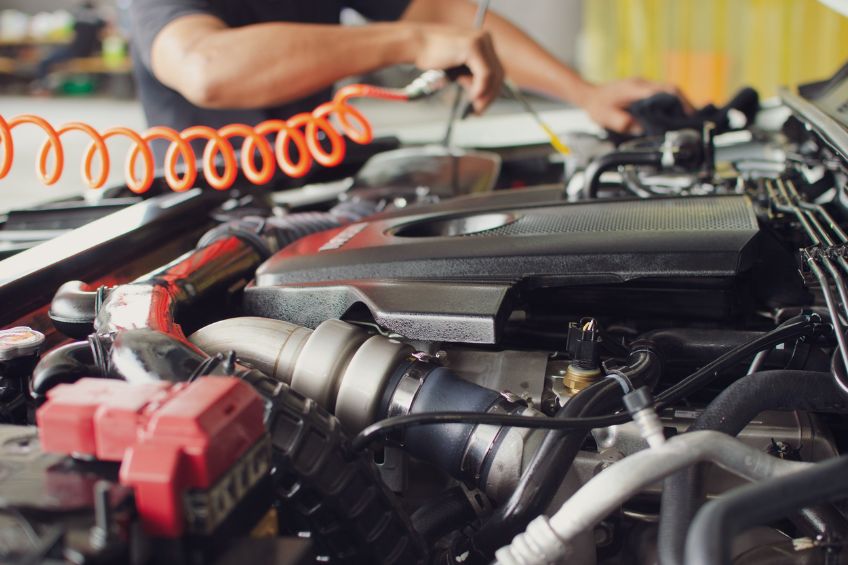
Car owners may begin to notice a number of issues that are typically brought on by the shifting weather conditions as the end of winter gives way to the beginning of spring. A wide range of temperatures can have a considerable influence on the many components that make up vehicular systems. On the occasion of this transitional season. Pothole Damage: The freeze-thaw cycle can cause havoc on roads, resulting in an increase in potholes. Vehicles that often drive over these might sustain tire damage, wheel misalignment, and even suspension issues. Starting and Charging Problems: In addition to battery troubles, the cold can have a negative impact on the starting and charging systems, necessitating a spring check-up. Battery Issues: Cold weather can limit a battery's capacity to maintain a charge. As the seasons change, it's not uncommon for vehicle batteries to exhibit signs of weakening or fail completely, especially if they're nearing the end of their lifespan. Tire Pressure: As temperatures increase and decrease, tire pressure varies, affecting handling and fuel efficiency. Maintaining proper tire pressure is essential for safe driving. Wiper Blades: After enduring ice and snow, wiper blades are frequently ready for replacement to provide clear visibility throughout spring's rainy weather. Alignment and Suspension Issues: Winter driving conditions can cause misalignment and suspension issues, which may become more noticeable on smoother spring rides. Rust and Corrosion: The salt and brine used on icy roads can increase the rusting and corrosion of a vehicle's undercarriage and braking lines. Spring is an ideal time to look for such damage. By addressing these problems as soon as they are noticed or visible, you can take steps to guarantee that your vehicle keeps running in an efficient and safe way throughout the spring and into the summer. Getting an automotive tune-up should be part of your spring cleaning list of things to do. Make sure to schedule one with your local auto shop professionals at Transmission City & Automotive Specialists.The most typical automobile problems that frequently occur in late winter/early spring are:
Fluids and Leaks: Temperature changes can cause seals and gaskets to shrink, stiffen, and crack, potentially leading to fluid leaks. Engine oil, transmission fluid, and coolant should be checked and replenished or replaced as needed.Scheduling a Spring Automotive Check and Tune-Up